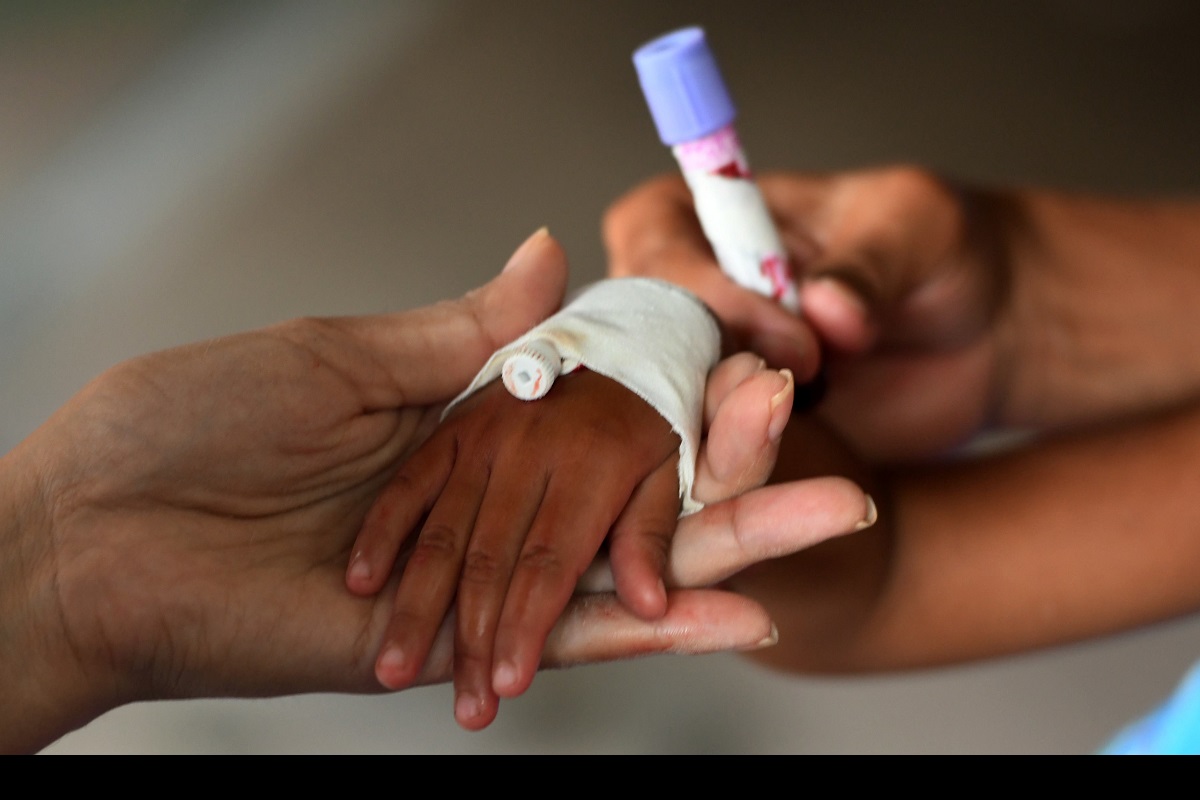The comity of nations is on test as the challenge to public health has seldom, if ever, been so forbidding. With hundreds of thousands in the Democratic Republic of Congo (DRC) battling the second largest outbreak of Ebola, the World Health Organisation has been remarkably swift in declaring an “emergency of international concern” with a signal to the world for “more and better support”.
Given the lack of development and poverty levels in the Congo, it is unlikely that the country has the wherewithal to combat the potentially mortal affliction. Overwhelming ignorance and superstitious beliefs have made confusion worse confounded.
Advertisement
This makes it direly imperative for the world to pool in its resources to assist the DRC with medicines and health personnel. Five years ago, a similar outbreak in west Africa had claimed more than 11,000 lives. This year, it has been rated as the “second most deadly”; more than 1600 people in the north-east of the country have died in the latest outbreak. No less alarming must be the fact that the virus is spreading rapidly and to places where it had been contained, reaching the major city of Goma on the border with Rwanda.
Cases have even been identified in Uganda as well. Given the almost endemic spread of the outbreak, it would be a gross understatement to aver that the crisis confronts public health alone. More accurately, it is a humanitarian tragedy in Africa’s conflict zone, with widespread malnutrition, a decrepit health system, and deep suspicion that is bizarrely hampering efforts to control the disease. There have been 174 attacks on health workers fighting the outbreak in the midst of fear and distrust of outsiders. The violence has exacerbated the crisis posed by Ebola and its high fatality rates.
Vaccines cannot protect those who have already contracted the disease, and though people are more likely to survive with proper treatment, many delay both the prognosis and cure because they do not trust those offering help. By the time they are examined, the patients may be inching towards the end. The net result has been more and more deaths.
This succinctly is the enormity of the tragedy in the Democratic Republic of Congo. The effort towards diagnosis and cure cries out for adequate monetary support. It is fervently to be hoped that WHO’s designation of an international emergency will compel governments to respond. Its Director-General, Dr Tedros Adhanom Ghebreyesus, has warned that hundreds of millions of dollars are needed to fight this outbreak; only half of the money pledged has been delivered.
It bears recall that Jim Yong Kim, when president of the World Bank, had said that the west African outbreak could have been snuffed out in months with sufficient funding. But help only trickled in when western countries began to worry about the potential danger to their own citizens. Man’s inhumanity to man has often been the thematic content of world cinema; it is the world’s sense of humanity that is now on test.









